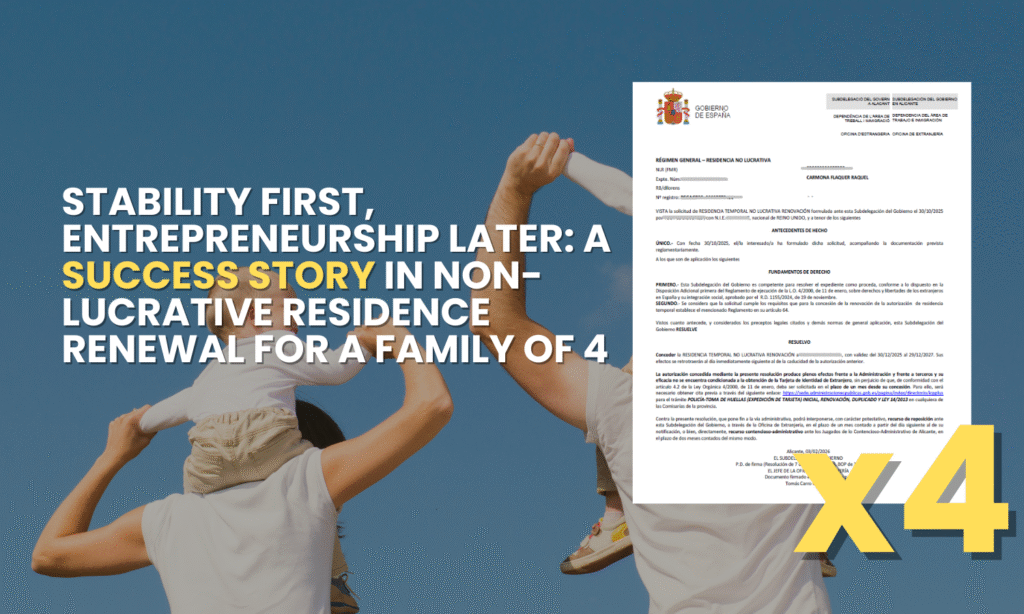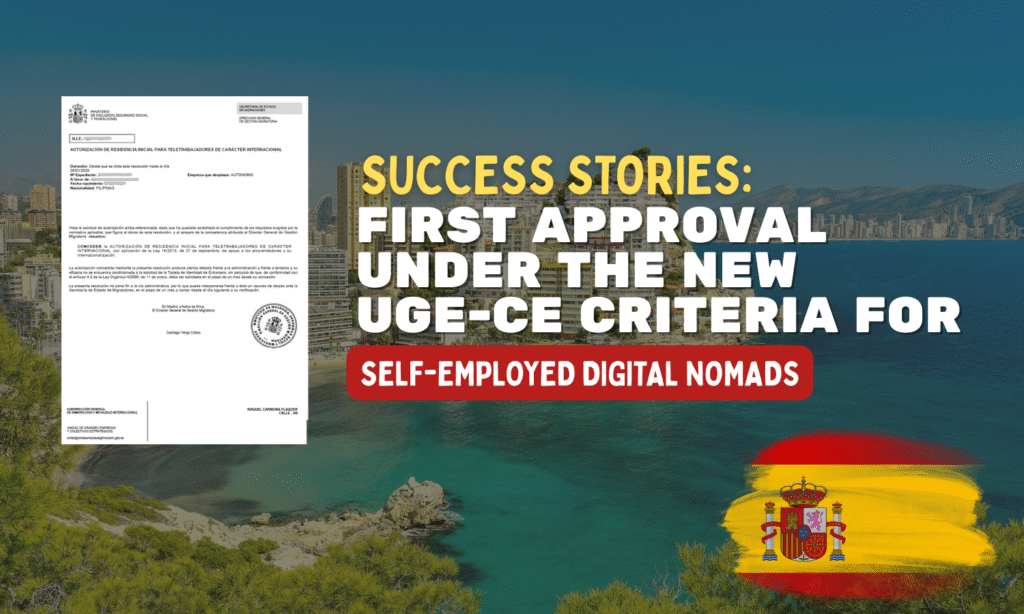If you’re planning to move to Spain from the US or UK as a digital nomad, understanding your tax obligations is essential. The international tax experts at MigratioLex broke down the key things every expat should know before — and after — making the move. Here’s a recap of the most important points they shared.
1. You Might Become a Tax Resident Without Realizing It
In Spain, you are considered a tax resident if you spend more than 183 days in the country in a calendar year. Once that happens, you’re required to pay Spanish taxes — even if you’re earning money from companies based abroad. Many newcomers are surprised by this and mistakenly assume they can avoid taxes just because their clients or employers are in the US or UK.

2. Your Global Income Is Taxable
If you’re a tax resident in Spain, you must declare all your income — regardless of where it’s generated. That includes freelance work, remote employment, investments, rental income, and more. Spain doesn’t just tax what you earn locally.
3. The Digital Nomad Visa Doesn’t Mean Tax-Free Living
Spain’s new Digital Nomad Visa allows remote workers to live legally in the country, but it doesn’t automatically exempt you from taxes. In many cases, after a certain period, you’ll still be subject to Spanish tax rules. Make sure you understand when and how your tax status may shift.

4. Double Taxation Agreements Exist — But They’re Not Always Simple
Spain has agreements with countries like the US and UK to avoid double taxation, but applying them can be complicated. You may still need to file tax returns in both countries, and the rules about credits and exemptions vary. Getting expert advice can save you a lot of stress — and money.
5. You May Need to File Form 720
If you have overseas assets worth over €50,000 (like foreign bank accounts, real estate, or shares), you’re required to file Form 720. Failing to do so can result in hefty fines. This is one of the most overlooked obligations by new residents.
6. Tax Planning Before You Move Is Crucial
MigratioLex emphasizes the importance of planning ahead — before you arrive in Spain. With the right strategy, you can optimize your tax situation and avoid common pitfalls. This could include managing your income sources, setting up the right legal structures, or making use of beneficial residency programs.

7. Avoid the Most Common Mistakes
One of the biggest mistakes expats make is assuming that if they pay taxes back home, they don’t need to worry about Spain. That’s rarely true. Another error is waiting until after the move to get advice, when many options for tax optimization may no longer be available.
8. Get Professional Help
Finally, MigratioLex offers personalized tax consultations for expats and digital nomads moving to or living in Spain. Our team helps clients navigate Spanish tax law, file required forms, and stay compliant — all while minimizing tax liabilities.
Frequently Asked Questions (FAQ)
Q: Does the Beckham Law apply to digital nomads?
A: The Beckham Law (a special tax regime for expats) can be beneficial for some digital nomads, as it allows qualifying taxpayers to pay a flat 24% income tax rate on the first €600,000 earned in Spain, rather than the progressive tax rate (which can go up to 47%). However, eligibility depends on factors like employment status and previous tax residency.
Q: What if I split time between Spain and another country?
A: If you spend less than 183 days in Spain, you may avoid tax residency—but you must keep proof of your time abroad (flight tickets, rental agreements, etc.). Some countries have “tie-breaker” rules in their tax treaties with Spain.
Q: When are Spanish tax returns due?
A: For residents, the declaración de la renta (income tax return) typically runs from April to June each year. Non-residents with Spanish-sourced income must file quarterly.
Thinking About Relocating to Spain?
Don’t let tax confusion ruin your dream. The earlier you get informed, the better you can protect your finances and peace of mind.
Need expert guidance?
Contact MigratioLex today for a consultation.








